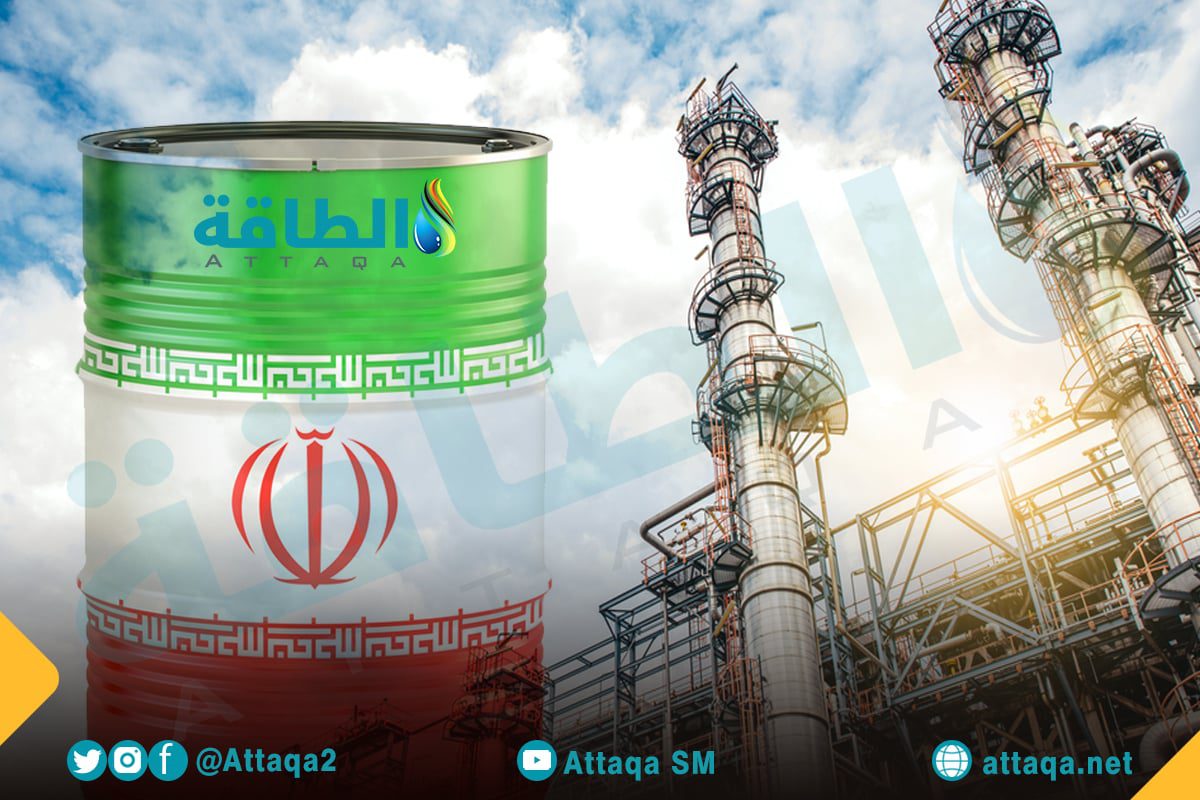The government of Iranian President Ibrahim Raisi has placed the development of oil refineries in a number of friendly countries at the top of its strategy to increase oil exports and circumvent the US sanctions imposed on Tehran.
With the passing of two years of Raisi’s government, the strategy has begun to bear fruit, as Tehran is currently participating in the development and construction of 8 oil refineries outside the regional borders on 3 continents (Asia, South America, and Africa).
The El Palito refinery in Venezuela tops the list of oil refineries that Tehran has entered into developing, which led to the export of 100,000 barrels of Iranian oil to Caracas, according to data seen by the specialized energy platform.
Tehran’s oil strategy
The government of President Ibrahim Raisi has developed a strategy for the oil industry, aiming to increase exports in conditions of embargo at the top of its business.
The plans included its presence in refineries outside the regional borders, rehabilitating it and restoring its capacity, which would enable Tehran to sell Iranian oil to these units.
Over the past two years, Tehran has succeeded in reviving the desire to establish refineries abroad under the slogan “offshore refineries”, through technical and engineering services to a number of refineries in friendly countries.
Iranian Oil Minister Javad Auchi said, in recent statements, that during the past months, good things have happened in the field of oil, gas, refining and petrochemicals, and the move towards offshore refineries is one of the things that is happening for the first time.
Regarding the ministry’s plans to use the energy of offshore refineries abroad, he added: “We are using these capabilities to process oil, expand crude sales and create higher added value.”
He pointed out that oil products cannot be punished due to the need that exists all over the world, explaining that one of the main axes of the Ministry of Oil is the use of the capacity of offshore refineries in various countries, as Iranian oil is processed in these refineries.
8 oil refineries
So far, Iran has participated in the construction of 8 refineries in 3 continents (Asia, Latin America and Africa), spread in 6 different countries of Venezuela, Cuba, Nicaragua, Syria, Uzbekistan and Uganda, Fars reported.
Of the 8 refineries being developed extraterritorially, 4 are in Latin America, 3 are in Asia, and 1 is in Africa.
Currently, the El Palito and Cardon refinery projects in Venezuela have reached the stage of signing the contract or starting operational operations, and the rest of the projects are in the stage of negotiation, signing of the memorandum and conducting studies.
Iran had entered the oil industry in Latin American countries by exporting gasoline, in light of an acute fuel shortage in Venezuela, due to the embargo imposed on the country due to US sanctions.
With the start of the flow of Iranian oil derivatives to Latin America, Tehran began to identify investment opportunities in refining projects, which enhances Iran’s position in the oil industry in Latin American countries.
The Ministry of Oil signed 8 contracts and memorandums of understanding with 3 Latin American countries in the areas of development and production in the fields of oil and gas, modernization of refineries and exploitation of their energies, training of manpower and expertise in the field of oil and gas, manufacturing industries, petrochemical industries, technology transfer, development of export markets for crude oil, gas condensate and oil derivatives.

Iranian oil exports
Iran’s plans have raised oil exchanges between it and Venezuela to $4 billion within 20 months, according to data seen by the specialized energy platform.
Iran works during the development of oil refineries outside the regional borders in a way in which it exports technical and engineering services, rebuilds and modernizes the refineries first, and after restoring its capacity, it exports its oil to these units.
Under the conditions of the embargo, Tehran has achieved a high level of capacity in the field of manufacturing equipment and basic repairs, which is what most Asian, Latin American and African countries lack. This high capacity has become a tool for signing various contracts between Tehran and other countries to revive the inactive capacity of foreign refineries and export Iranian oil.
Official data show that as a result of the new strategy, Tehran succeeded in 2021 in breaking the records of oil exports recorded since 2018, when former US President Donald Trump re-imposed sanctions on Tehran.
Shipping companies’ data indicated that Tehran’s exports of oil and condensate amounted to 1.28 million barrels per day in the last quarter of 2022, an increase of 56% over the third quarter of the same year, and 51% on an annual level.
Iranian exports were 818.2 thousand barrels per day in the third quarter of 2022, and 844.7 thousand barrels per day in the last quarter of 2021.

Leave a Reply